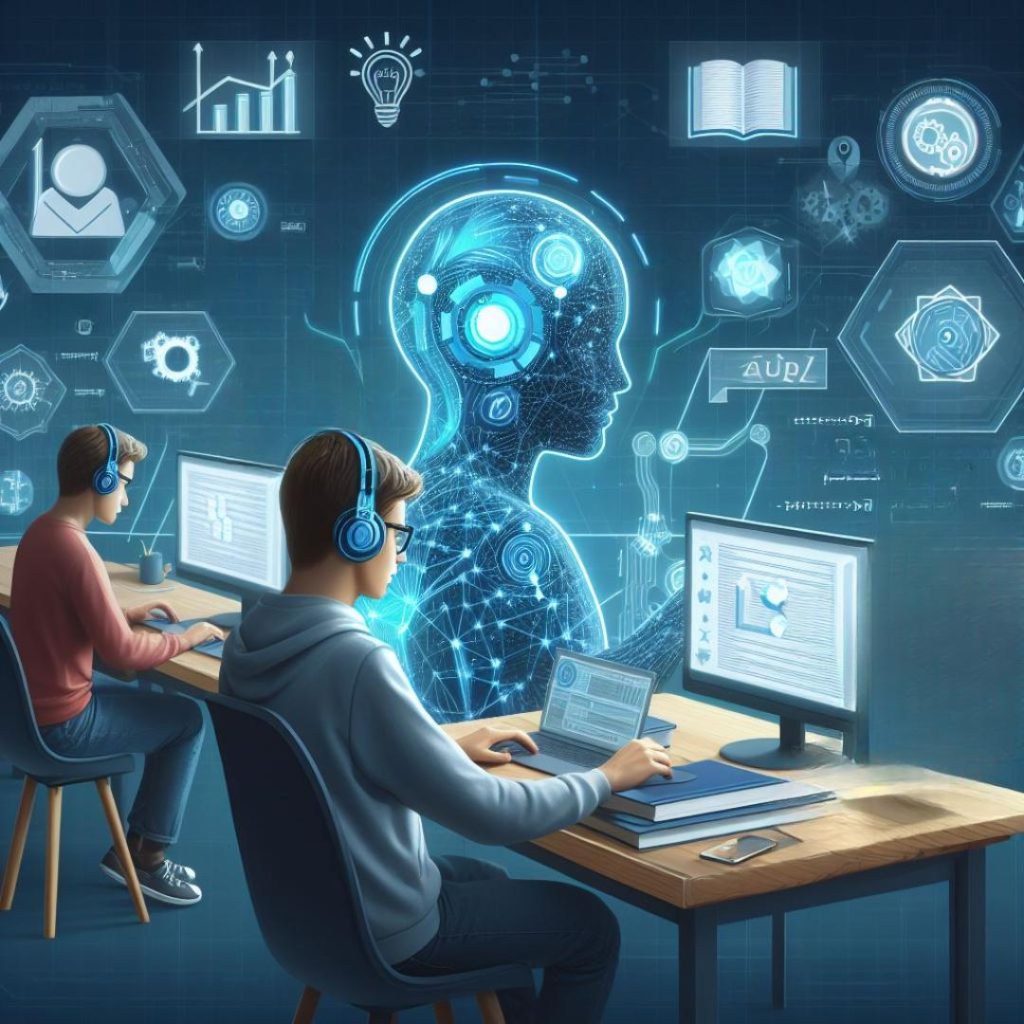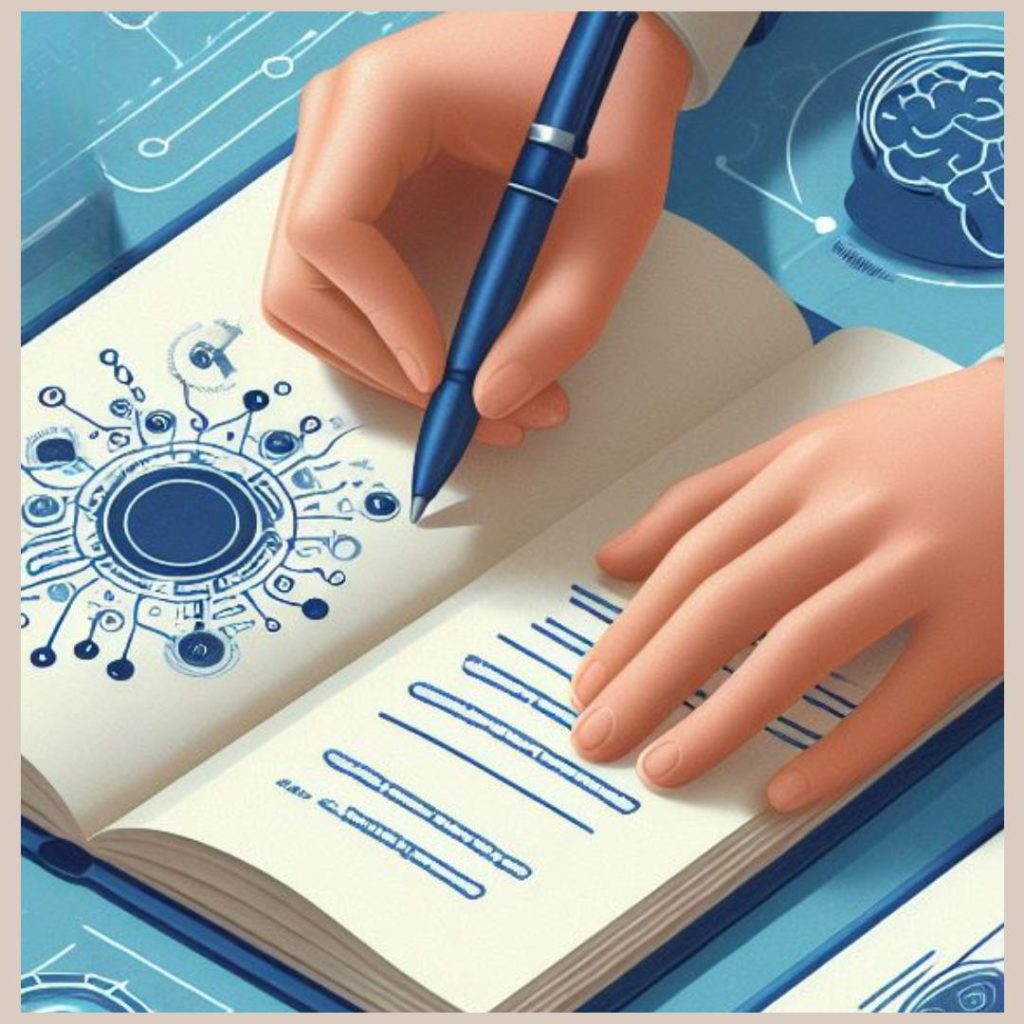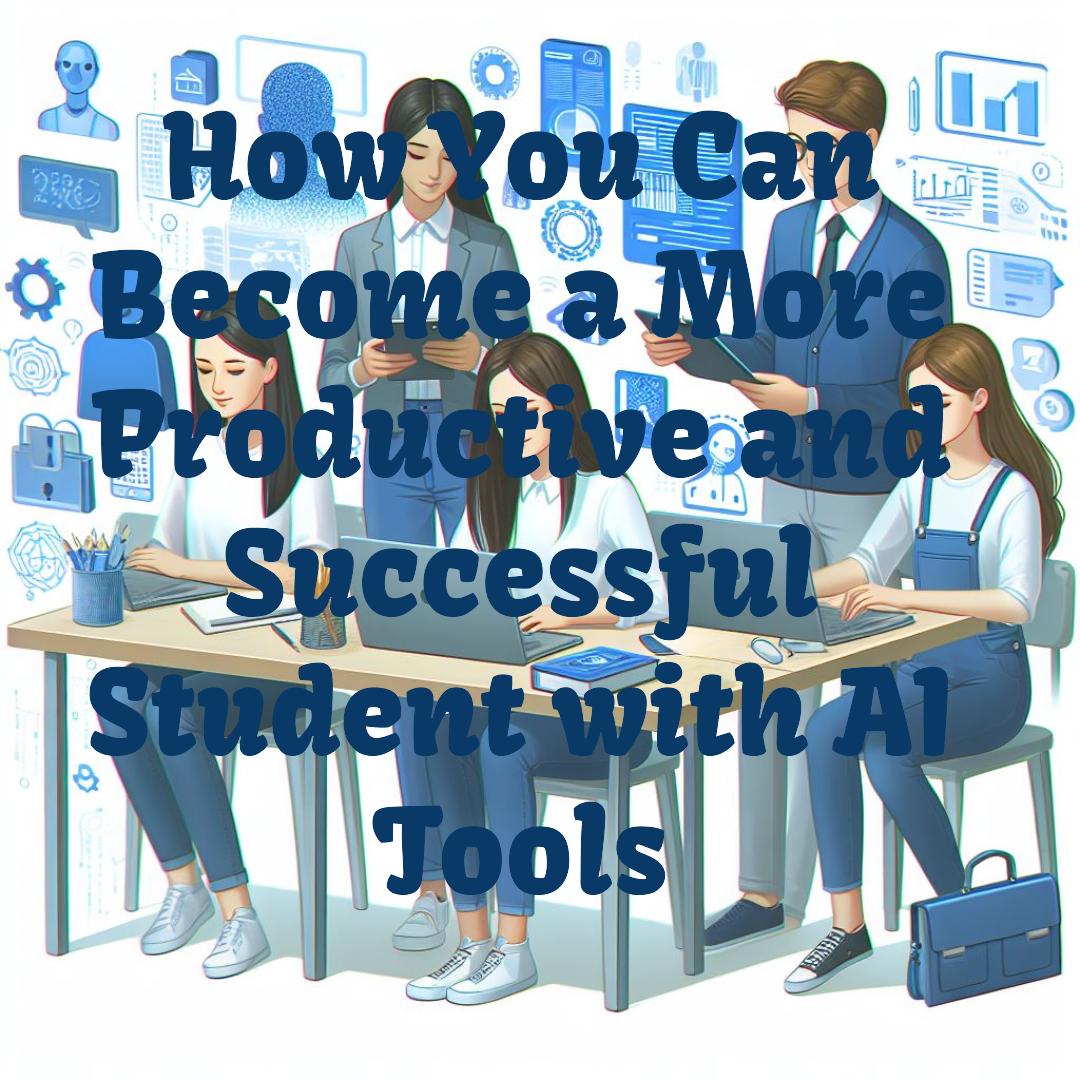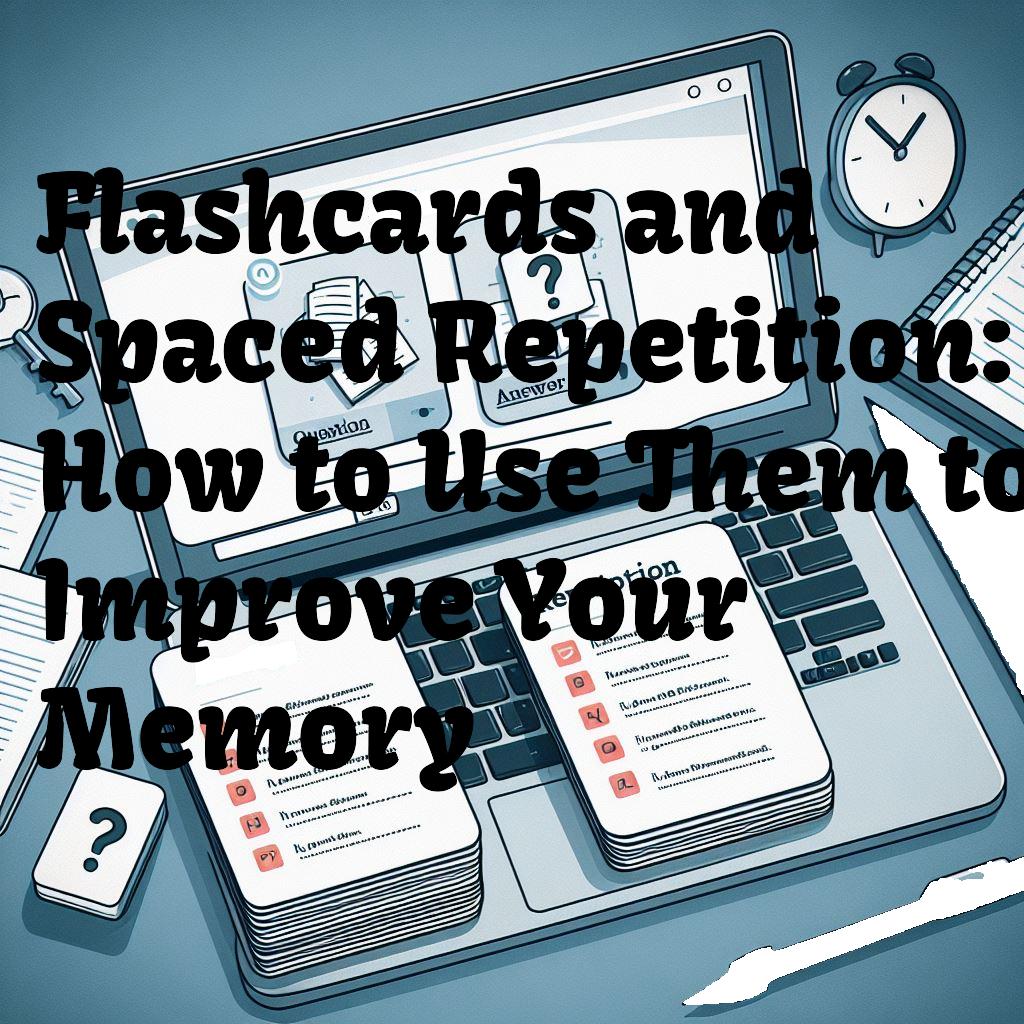AI tools are software and applications that use AI to assist, enhance, or streamline various aspects of your life, such as education, work, entertainment, and health.
In this article, you will learn how AI tools can make you a more productive and successful student, by providing personalized learning, instant feedback, productivity enhancements, interactive learning, data-driven insights, and accessibility and inclusivity. You will also discover some of the best AI tools for students in 2024, and how you can use them effectively.
Personalized Learning
One of the main benefits of AI tools for students is that they can offer personalized learning experiences, tailored to your individual needs, preferences, and goals. AI tools can adapt to your pace, learning style, and level of understanding, and deliver customized content, such as reading material, quizzes, tutorials, and exercises. This way, you can learn at your own speed, and focus on the topics that interest you or challenge you the most.

For example, Doctrina AI is an AI-powered learning platform that helps you master any subject with personalized notes, quizzes, and videos. It uses natural language processing and deep learning to analyze your performance, and generate the most relevant and engaging content for you. You can also ask questions to the AI tutor, and get instant answers and explanations.
Instant Feedback
Another advantage of AI tools for students is that they can provide instant feedback on your assignments, projects, and presentations. AI tools can analyze your work, and give you real-time suggestions, corrections, and evaluations. This way, you can improve your skills, identify your mistakes, and learn from your feedback, without waiting for the teacher’s or peer’s response.

For example, Grammarly is an AI-powered writing assistant that helps you improve your writing skills. It can detect and correct grammar, spelling, punctuation, and style errors in real time. It can also give you suggestions on how to improve the clarity, tone, and effectiveness of your writing. You can use Grammarly to write essays, reports, emails, and any other type of text.
Productivity Enhancements
AI tools can also help you enhance your productivity, by helping you organize your study schedules, manage your tasks, and set reminders for your deadlines. AI tools can also automate some of the tedious or repetitive tasks, such as taking notes, summarizing texts, or generating citations. This way, you can save time, avoid procrastination, and focus on the most important or creative aspects of your work.

For example, Timely is an AI-powered time management app that helps you plan your day, track your time, and achieve your goals. It uses machine learning to analyze your behavior, and create smart and realistic schedules for you. It also automatically logs the time spent on each activity, and gives you insights on how to optimize your productivity.
Interactive Learning
AI tools can also make learning more interactive and dynamic, by providing chatbots, virtual assistants, and interactive platforms that engage you in conversations, games, and simulations. AI tools can also use natural language generation and computer vision to create realistic and immersive content, such as stories, images, and videos. This way, you can learn in a fun and engaging way, and break the monotony of traditional study methods.
For example, Synthesia is an AI-powered video creation platform that helps you create stunning videos in minutes. It uses deep learning and generative adversarial networks to synthesize realistic human faces, voices, and movements. You can use Synthesia to create presentations, tutorials, documentaries, and any other type of video, by simply typing or speaking your script.
Data-Driven Insights
AI tools can also provide you with data-driven insights, by collecting and analyzing data based on your performance, behavior, and preferences. AI tools can use data mining, machine learning, and data visualization to give you insights into your strengths, weaknesses, and potential growth areas. AI tools can also use predictive analytics and recommendation systems to suggest the best learning resources, strategies, and opportunities for you.
For example, Originality.ai is an AI-powered content detector that helps you check the originality and quality of your content. It uses natural language understanding and semantic analysis to compare your content with millions of sources on the web, and detect any plagiarism, duplication, or inconsistency. It also gives you feedback on how to improve your content, and avoid any academic misconduct.
Accessibility and Inclusivity
AI tools can also make learning more accessible and inclusive for you, if you have disabilities, or if you come from different backgrounds, cultures, and languages. AI tools can use features such as voice-to-text, text-to-speech, speech recognition, translation, transcription, and captioning, to make learning content more accessible for you, if you have visual, auditory, or cognitive impairments. AI tools can also use features such as personalization, localization, and cultural awareness, to make learning content more inclusive for you, if you have diverse needs, interests, and values.
For example, Speechify is an AI-powered text-to-speech app that helps you read any text on any device. It uses natural language processing and deep neural networks to convert text into natural and expressive speech. You can use Speechify to read books, articles, notes, and any other type of text, by simply taking a photo, scanning a document, or copying a link. Speechify also supports multiple languages, accents, and voices, and can adjust the speed, pitch, and tone of the speech.



